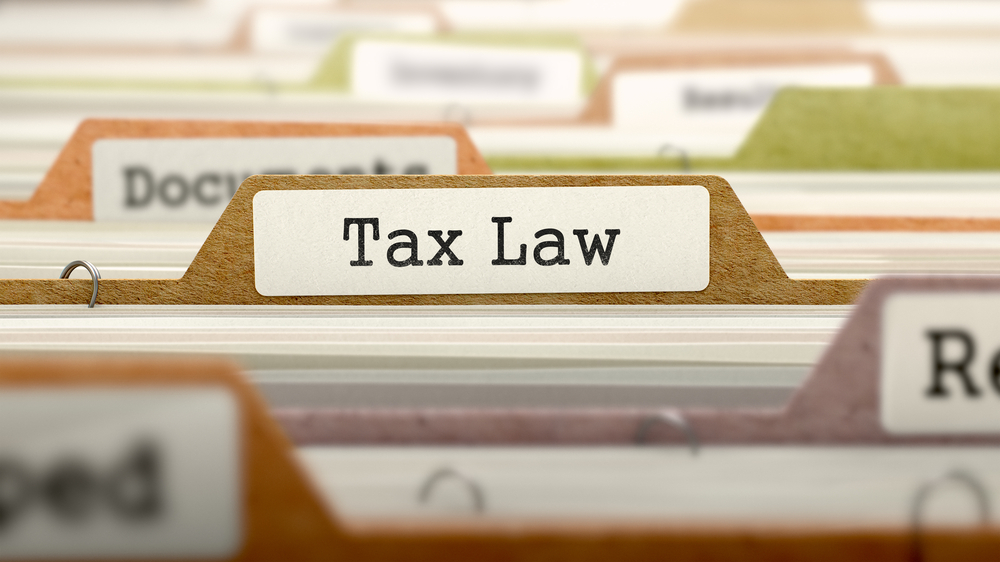What is Estate Planning? 🤔
What are the basics of estate planning?
An estate plan is simply a set of legal documents that instruct your loved ones how to manage your assets when you pass away, and if you have young children, it identifies the people you want to raise your children. It also authorizes the people you choose to manage your assets and make health care decisions for you if you become incapacitated.
An estate plan can also leverage your assets to reduce or eliminate estate taxes and capital gains taxes, and it can be structured to significantly protect the inheritance you leave your spouse and children from divorce claims and lawsuits. The type of estate plan you need will depend on your family, your assets and your goals.
What documents are necessary for estate planning?
The building blocks of an estate plan are a revocable living trust, will, durable power of attorney, health care directive and HIPAA and a trust transfer deed for your home.
Your Guide to Estate Planning
Do I Need An Estate Plan?
Many people think that only rich people need an estate plan.
That's not true.
Every adult human needs at least three essential documents:
1. Advance Health Care Directive and HIPAA: to authorize someone you trust to make health care decisions for you if you can't.
2. Durable Power of Attorney: to authorize someone you trust to handle your finances if you can't.
3. Will: to confirm who gets what you own when you pass away.
We call these the Essentials. But if you you own your home, you will also need a Revocable Living Trust.
How to Create Your Estate Plan
There are many ways to create your estate plan. You can use DIY estate planning websites like Legal Zoom, Wills & Trusts or Nolo Press. You can work with an attorney with a traditional brick and mortar law firm. Or you can work with an estate planning attorney virtually, from the convenience of your home.
Asset Protection Trusts
Asset protection trust provisions in your revocable living trust can significantly protect your children's inheritance from divorce claims and lawsuits.
What is the importance of estate planning?
THE PROBLEM: Probate
California probate is complicated, time consuming and very expensive.
😧 Probate is a complicated court process with attorneys and judges.
😳 The average California Probate takes 12 - 18 months.
😩 Probate makes your private family, asset and financial information a public record.
🙁 Probate is very expensive. Probate fees and costs for a typical California estate can range from $40,000 - $50,000.
THE SOLUTION: Revocable Living Trust
Probate is what happens if you do nothing. It’s the default status of your estate. If you don’t do any estate planning, your estate will be considered “intestate” and it will have to go through probate. If you do basic estate planning and create a will, your estate will still have to go through probate.
But with a bit of time and guidance, you can create a living trust estate plan and avoid the burden of probate altogether.

Virtual Estate Planning
You have many options when do your estate planning. Why not combine the convenience of DIY estate planning websites with the expert guidance of an estate planning attorney? With our convenient virtual estate planning process, you can complete your estate planning with an attorney you will like who make the entire process easy - all from the comfort of your home.
What is some good advice for estate planning?

CA Prop 19
In November 2020 Californians approved Proposition 19. Prop 19 eliminates one of the most valuable property tax breaks for California families - the parent child reassessment exclusion.

Funding Your Living Trust
Having a living trust is not enough. You have to actually transfer your assets to your living trust. Transferring your assets to your living trust is called “funding” your trust.

2023 Gift and Estate Tax
2023 gift and estate tax exemption and annual gift exclusion. How much can you gift without a gift tax?

How to Choose a Guardian and Trustee
How to choose the right guardian and trustee in your living trust when you don't have a perfect guardian or trustee.

Should You Use a Professional Trustee
Using a Professional Trustee or Fiduciary is a good choice if you don't have family members or friends who can be your successor Trustee.

Protect Your Young Adult Children
Young California adults need a durable power of attorney, health care directive and HIPAA.
I'd like more information
If you'd like more information about estate planning, please complete the form below and one of our attorneys will contact you right away.